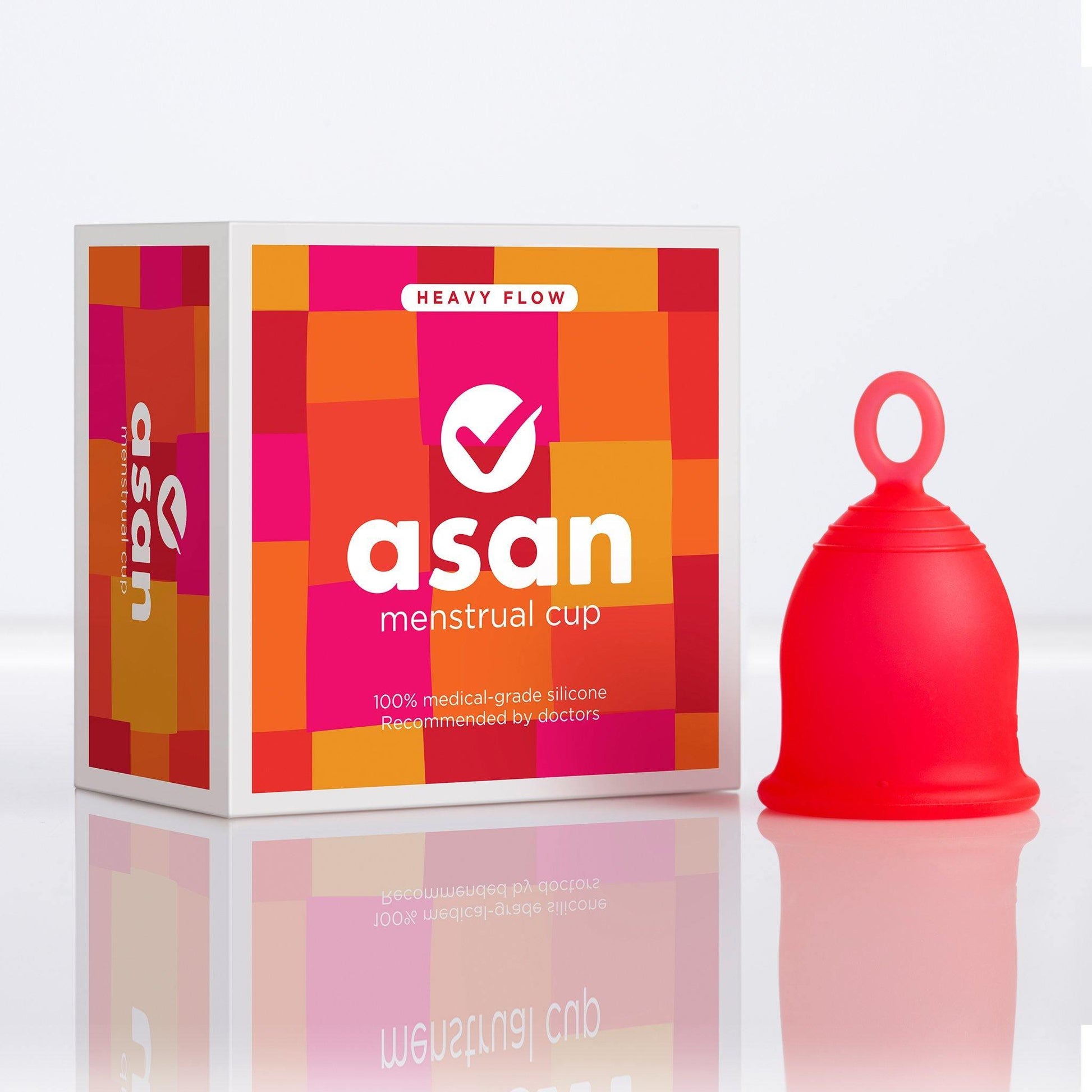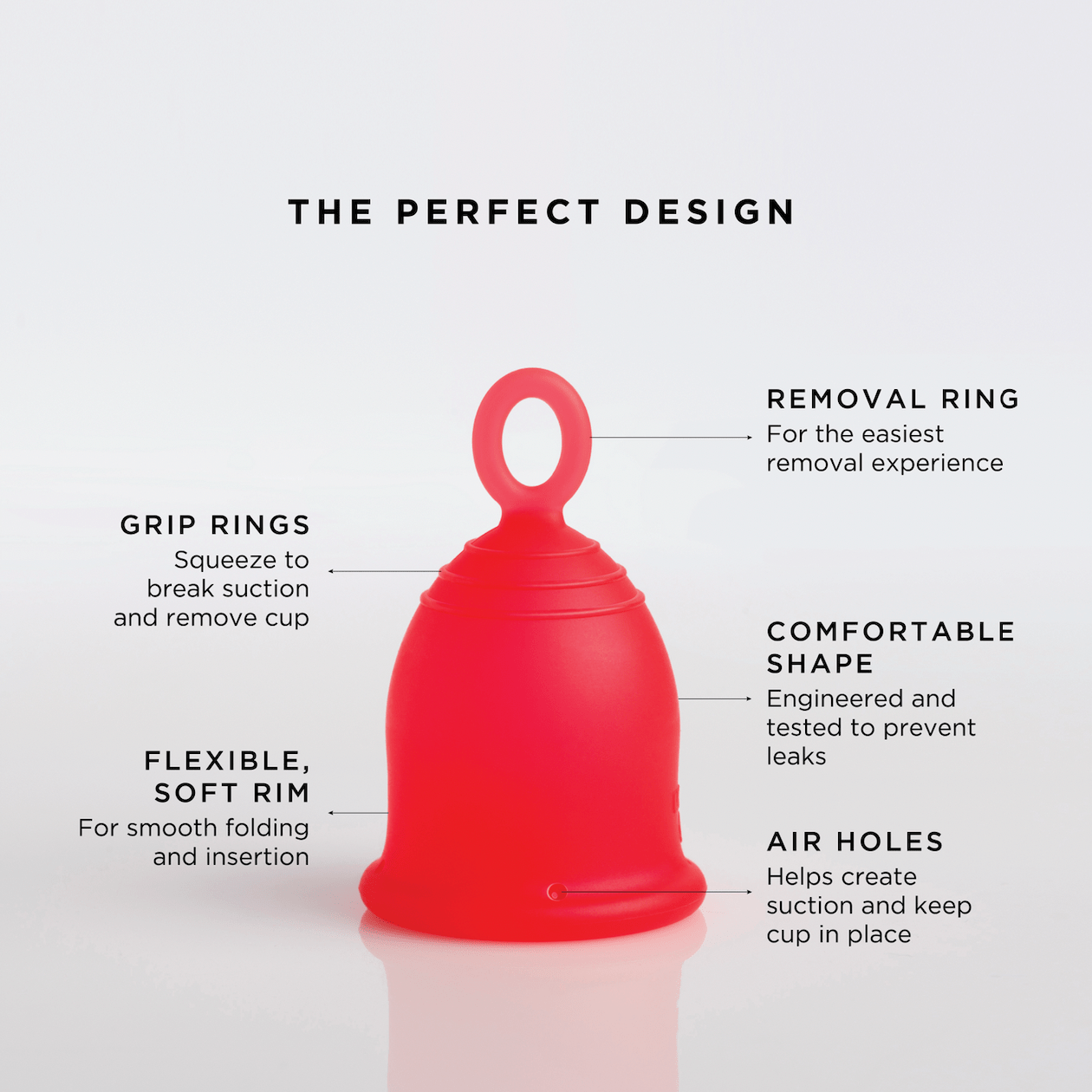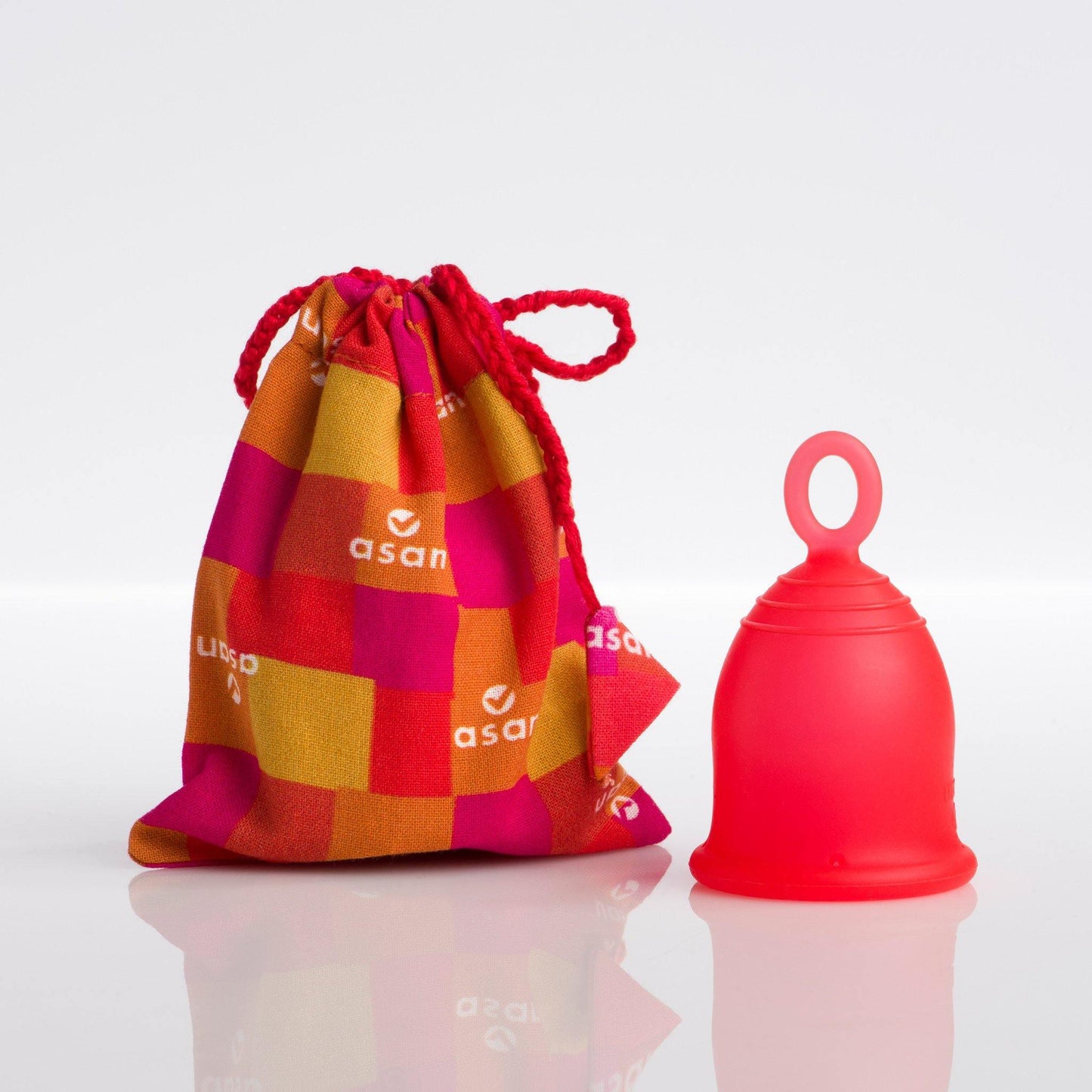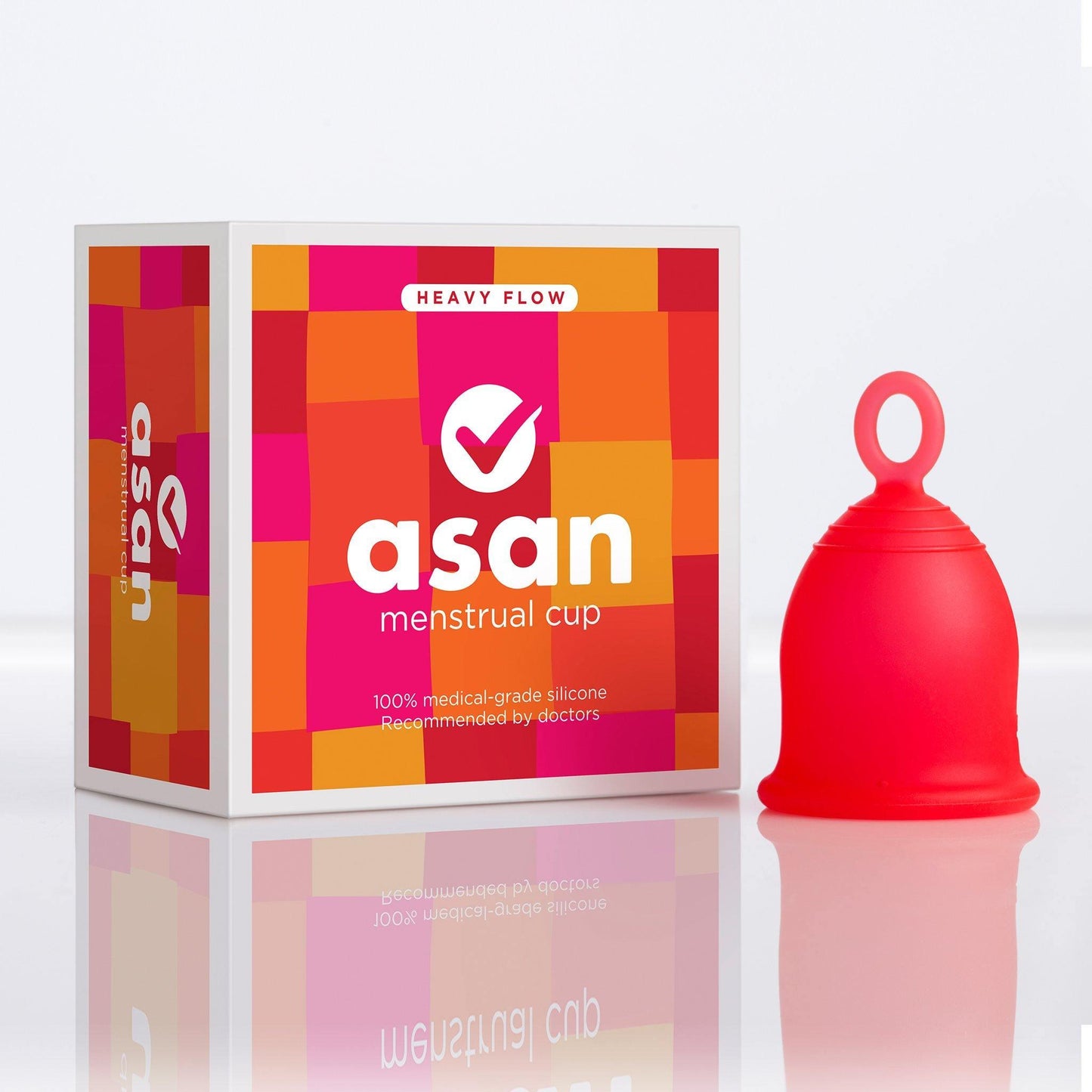 Have you heard about the thyroid gland but not really sure what it does?
Have you heard about the thyroid gland but not really sure what it does?
The truth is that the thyroid gland is incredibly important. It is responsible for vital bodily functions, and 12% of people globally will suffer from abnormal thyroid function at some point in their lives!
Thyroid conditions affect so many people around the world, and thyroid disorders and menstrual irregularities go hand-in-hand. It is very common to have menstrual cycle variations in thyroid conditions, but there is little information about exactly how your thyroid hormones affect menstruation.
So in this blog, we will explore everything you need to know about thyroid, the different types of thyroid disorders, and the relationship between thyroid health and menstrual patterns.
understanding the thyroid function
what is the thyroid gland?
Thyroid is a small gland which is located at the front of your neck.
It’s shaped like a butterfly and is wrapped around your windpipe (medically known as the trachea).
 what does the thyroid gland do?
what does the thyroid gland do?
Your thyroid gland produces three key hormones:
-
Thyroxine - T4
-
Triiodothyronine - T3
-
Calcitonine
These three hormones control vital functions in the body, including your metabolism, growth and development, and your reproductive health.
Another important hormone to know is Thyroid Stimulating Hormone (TSH). TSH is released from your brain and controls the production of your thyroid hormones.
TSH essentially tells your thyroid gland how much T3 and T4 to make in order to help your body function healthily.
what are the different types of thyroid disorders?
There are two main types of thyroid disorders - hypothyroidism and hyperthyroidism. So let's learn about exactly what they are.
Hypothyroidism
Hypothyroidism is where your thyroid gland doesn't produce enough T3 and T4 needed for the body to fully function.
A few of the symptoms of hypothyroidism include:
-
Fatigue
-
Depression
-
Constipation
-
Dry and flaky skin
-
Hairfall, muscle and joint pain
-
Weight gain
Hyperthyroidism
Hyperthyroidism, also known as overactive thyroid, is where your thyroid gland produces an excess amount of T3 and T4 - more than what your body needs.
A few symptoms of hyperthyroidism include:
-
Shakiness and tremors
-
Anxiety
-
Palpitations
-
Warm body temperature
-
Higher appetite
-
Diarrhoea
-
Weight loss
 who is most likely to get thyroid disorders?
who is most likely to get thyroid disorders?
Women are 10 times more likely than men to have abnormal thyroid functions. Thyroid deficiencies are most common between the ages of 20 to 40.
what can cause thyroid disorders?
The most common cause of thyroid function disorders is autoimmune - where certain immune cells work against the thyroid gland and prevent it from doing its job.
Other causes can also include:
-
Long-term exposure to environmental pollutants and toxins
-
Cancers, tumours and surgeries of the thyroid gland can also lead to developing hypothyroidism
-
Too little or too much iodine consumption in your diet
-
Genetics and family history of thyroid disorders
 Now that you know the basics about thyroid, let's understand how menstrual health and thyroid balance are related.
Now that you know the basics about thyroid, let's understand how menstrual health and thyroid balance are related.
menstrual cycle and thyroid function
how are thyroid issues and menstrual irregularities related?
Your thyroid hormones place a crucial role in menstrual regulation and reproductive health.
Having insufficient or excessive T3 and T4 can result in your body delaying or skipping the ovulation phase of your menstrual cycle.
And so, the most common impact of thyroid disorders on menstrual flow is experiencing abnormal periods.
what is the impact of hypothyroidism on periods?
If you have hypothyroidism, you may experience a shorter luteal phase - which is the time between your ovulation and menstruation (shedding of uterine lining). So even if an egg is fertilised, the embryo may not be implanted in time - resulting in lower chances of getting pregnant.
As a result, it can cause infertility and abortions.
Hypothyroidism is also associated with early puberty. Someone with hypothyroidism is more likely to experience heavy, painful or skipped periods.
In fact, studies show that 23% of women with hypothyroidism experience some form of period irregularity.
what menstrual changes can hyperthyroidism cause?
Hyperthyroidism can cause elevated levels of prolactin in your blood, which can weaken your ovulation process.
As a result, someone with hyperthyroidism is likely to have shorter, lighter and missed periods.
Hyperthyroidism can also usually cause puberty to be delayed.
prevention and treatment
how can I keep my thyroid gland healthy?
The thyroid gland is a nutrition dependent gland - so your nutritional habits play a vital role in the health of your thyroid hormone production. Make sure you’re eating a balanced diet with plenty of nutrition to keep your thyroid gland (and the rest of your body) healthy.
Iodine is crucial in helping produce thyroid hormones - this comes from seafood and salt. It is recommended that adults have about 1 teaspoon of salt intake daily.
 how can I get tested for any thyroid problems?
how can I get tested for any thyroid problems?
You can get tested for thyroid issues through a simple blood test that will measure your T3 and T4 levels.
One thing to keep in mind is that even if you have been diagnosed with hypothyroidism or hyperthyroidism and are on medication, your hormonal levels can change with age and lifestyle changes. So it’s important to keep getting regular check-ups as per your doctor's advice.
 how can I treat my thyroid hormone levels?
how can I treat my thyroid hormone levels?
Luckily, most people with hypothyroidism can easily manage their thyroid levels through taking synthetic medication as prescribed by a doctor.
If you have hyperthyroidism, your treatment can involve medication, radioactive iodine or surgery depending on your condition.
If you are experiencing any symptoms that may indicate thyroid function irregularities, please consult a medical professional.
can you use a menstrual cup if you have thyroid issues?
Depending on the thyroid disorder you have, you may experience irregular periods. For some that may involve heavier and longer periods, while for others it’s lighter and more delayed.
Regardless of the menstrual disturbances linked to thyroid issues, you can definitely use a menstrual cup to manage your period.
In fact, a menstrual cup can enable you to closely measure your flow and help you better understand your body.
 The Asan menstrual cup comes in two sizes - Light/medium flow (25ml) and Heavy flow (30ml). By keeping a close eye on how much the cup fills during your period, you can stay informed about your period flow and seek the medical help you need accordingly.
The Asan menstrual cup comes in two sizes - Light/medium flow (25ml) and Heavy flow (30ml). By keeping a close eye on how much the cup fills during your period, you can stay informed about your period flow and seek the medical help you need accordingly.












